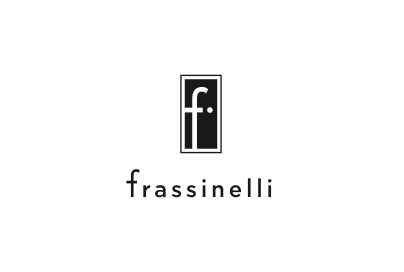- Home
- Our brands
- Books
- Frassinelli
Frassinelli
In 2015, Frassinelli was revamped as a literary fiction brand, acquiring new prestigious Italian and international authors, with a new logo recalling the original ones of the 1930s and with a radical overhaul of the new cover graphics. As in the past, however, its love for novelty and for high literary quality is unchanged and continues to distinguish Frassinelli’s offer to its readers.
continua-
Year of launch
1931
In 2015, Frassinelli was revamped as a literary fiction brand, acquiring new prestigious Italian and international authors, with a new logo recalling the original ones of the 1930s and with a radical overhaul of the new cover graphics. As in the past, however, its love for novelty and for high literary quality is unchanged and continues to distinguish Frassinelli’s offer to its readers.
Founded in 1931 by Piedmont-born printer Carlo Frassinelli, who loved books as works of art and cultural vehicles, in just a few years it became a small brand able to shake up the publishing climate of the era.
Franco Antonicelli, its first editorial director, introduced Cesare Pavese and Leone Ginzburg to Frassinelli: that meeting led to the Biblioteca Europea (European Library) project, aimed at reviving the Italian publishing scene of those years. Consequently, this opened up a window into major international literature, thanks to the translations of renowned authors such as Hermann Melville, Mark Twain, James Joyce and Franz Kafka, along with Fedor Dostojevskij and André Gide.
Under Sperling & Kupfer since 1982, Frassinelli publishes, as part of the Fiction series, great contemporary works such as The White Hotel by D. M. Thomas, The Color Purple by Alice Walker, The Right Stuff by Tom Wolfe, Schindler’s List by Thomas Keneally, The Last Temptation of Christ by Nikos Kazanzakis, Beloved by Toni Morrison, and A Dry White Season by André Brink.
The 1990s see the Nobel Prize for Literature awarded to Morrison (1993) and publication of authors such as Elfriede Jelinek (Nobel Prize in 2004), Maya Angelou, David Malouf, Orhan Pamuk (Nobel Prize in 2006), Patrick Modiano (Nobel Prize in 2014) and David Mitchell.
